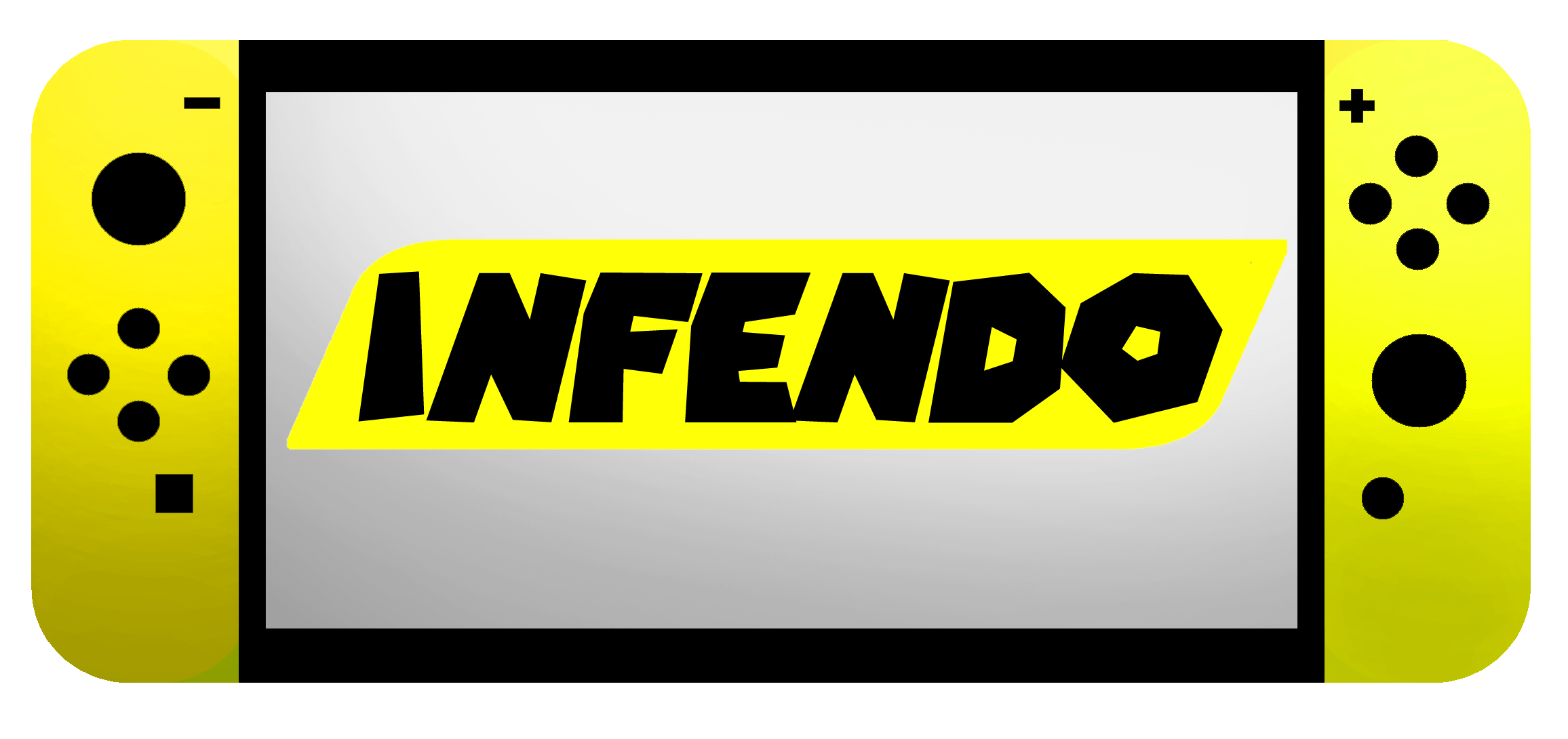 If you aren’t already a subscriber to GameIndustry.biz’s weekly editorial, I suggest you find out a way to get on that mailing list yesterday.
If you aren’t already a subscriber to GameIndustry.biz’s weekly editorial, I suggest you find out a way to get on that mailing list yesterday.
Today’s was a look at Nintendo, and how they have officially become a company developers can no longer choose to ignore. Statements like that aren’t opinions anymore; or hyperbole; or fanboy wet dreams that can be easily dismissed with a tried and true “you are a fanboy, and therefore your argument is automatically tainted.”
The fact of the matter is that in a year’s time, if you are a developer that wants to make as much money as possible on a system, then you will be developing a flagship game for the DS or the Wii.
The fact of the matter is, in a year’s time, or 18 months, the third party port fever that has gripped the Wii thus far will be over. Will crappy games still exist? Sure they will. Just ask the PS2. That system LOVED crappy games, because the more there were, the more chances there were that a great game would pop up, sell millions of copies, and make the system the 120 million strong contender it is today.
“More than anything else we’ve seen so far – more than the rapturous press reaction, more than the sold-out retail stores – this week’s official shipment figures for Nintendo’s console prove that Iwata was right. They may even prove him to be the most visionary and inspired executive in the global entertainment industry.”
It’s true. The Wii numbers went UP this week, even as stories about manufacturing shortages persisted in earnest (latest one? That Wii will have another huge shortage for the 2007 holiday season). The DS, on the other hand, continues to sell about a half a million units per month (and its numbers continue to stay aloft without benefit of price cuts or cheesy pack-ins, mind you).
Even with the shortages, GameIndustry believes Wii will cross the 20 million sold mark in about six months. The 16.5 number, which was raised by Nintendo this week from an already impressive 14 million, is still being considered a low ball estimate. IF Nintendo manages to blow past 16.5 million by the end of the next fiscal year, you can expect its stock and brand awareness to skyrocket even higher than it has thus far. That’s pretty unbelievable. It’s almost like, I dunno, a paradigm shift or something.
An Infendo reader said this week that the “best” games will not show up on the Wii, because the best games are hardware pushers with flashy graphics and voice acting that test the limits of a system’s specs. This fails the logic test (and the PS2 historical test) on many levels, but I can understand why this mentality exists today.
If the Wii continues its onward and upward trend — and, really, there’s literally zero evidence right now to support the argument that it won’t — you can expect that, by default, the best games will have to appear on the Wii. They will combine the most innovative and immersing controls with the best price point and the best look and feel.
Will they have the “best” graphics? It’s an unfair question. Killzone 2 has the sharpest, most life-like graphics I’ve seen on a system today, but that didn’t allow me to get immersed in the world. I didn’t care about the characters because I didn’t believe in them. I felt uncomfortable watching their jerky pantomime mimicry as they descended to wreak havoc upon a world that was populated with, strangely, soldiers that all looked and acted the same. But that’s just my opinion on one specific example, and it’s important to note it’s just my opinion.
Where opinion has no place is with numbers. They don’t lie. If the Wii manages to hit 20 million strong by next March, the effect will be immediate and long-term. First come the ports, then comes the experimenting and high risk failures, and then the 3rd party original IP that denotes a system is leading the pack and has the largest installed base. Will all of the “best” games come out for the Wii? Not a chance. But the system that boasts the highest chance of producing said “best game” is the Wii. It’s business. Just follow the money.
Of course, many developers have invested heavily in creating next-gen technology, and that investment may well still pay off for them. For smaller teams, though, or for developers who would only be able to maintain a single next-gen project (but could potentially keep several Wii and DS games on the boil), Nintendo’s creation of a mass-market platform with a vast installed base and low costs is a godsend.
Those developers need to be seriously evaluating their options – right now, not tomorrow. Publishers need Wii and DS projects, and many of them have spent so much on upgrading their in-house studios to next-gen development that they’re happy to outsource Nintendo platform work.
The reputations of independent developers as Wii or DS dev houses will be made and broken in the coming 12 to 18 months, if not sooner. A name for high quality, efficiently delivered Wii and DS projects would be a feather in the cap of any studio – and could, at last, provide the kind of stability indie developers have craved for years.
It may be extreme, perhaps, to call the climate Nintendo is creating with these platforms a “golden age” for independent developers. However, combined with the escalating success of PC download and casual games and of titles on Xbox Live Arcade and PlayStation Store, it’s clear that the market is more open than it has been in decades.
I guess you could say the table is set for the industry right now. There exists two platforms — a portable and a home console — that reach the most gamers, in the most markets, for the least amount of money. These two platforms boast a brand that has single-handedly dismantled one of the most sought after brands on the video games market to date in a matter of three years: Sony PlayStation. When people go to shows they ask, “I wonder what Nintendo has up their sleeve this time?” They are curious, they are thinking differently, and they are curious. Then some other people, usually hardcore gamers posing as journalists, criticize those offerings for a day before they are drowned out by a sizable majority of gamers who just want to have fun with their consoles — with ALL gaming mediums.
